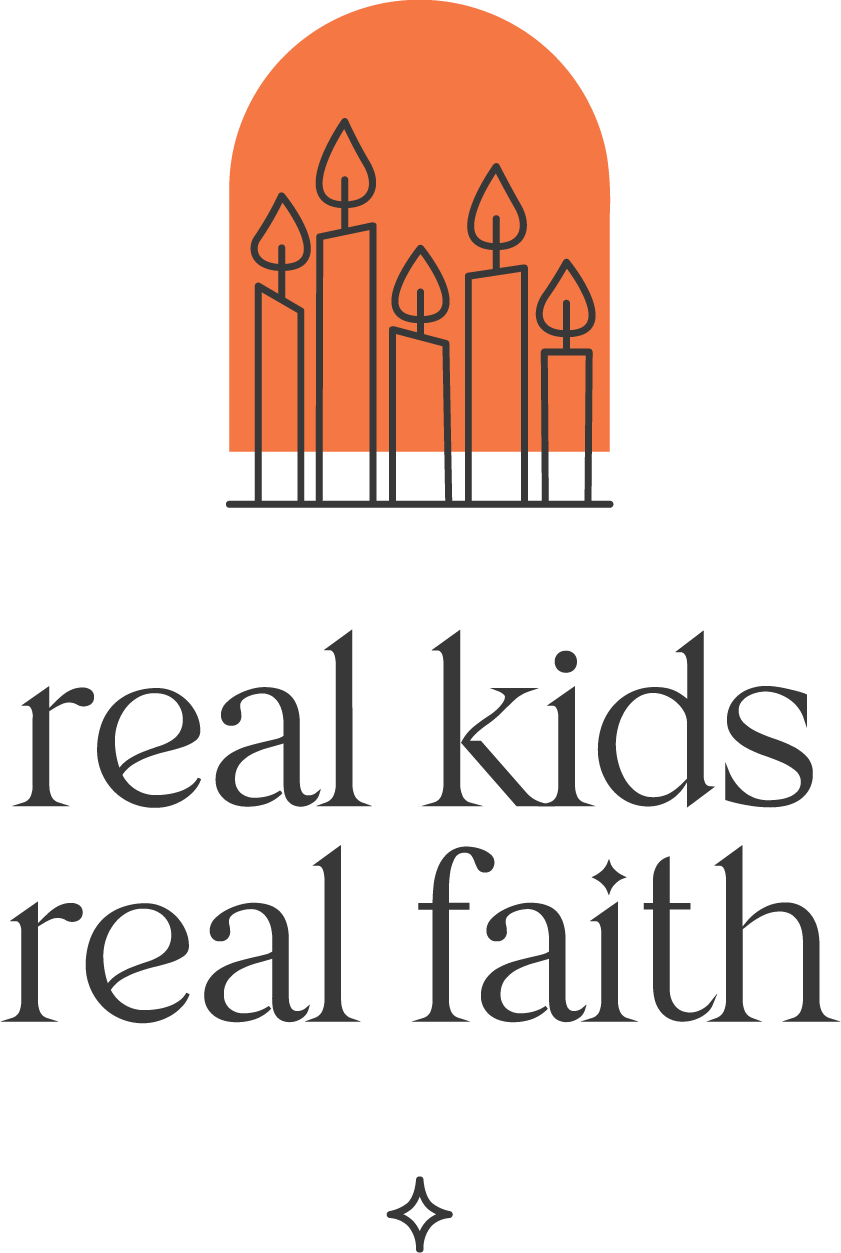Talking with children seems simple enough, but effective communication is actually more complicated than we think. Our words, tone, and attitude when we speak with children under 10 can result in robust, trusting relationships or awkward, superficial interactions. Since spiritual nurture works best within strong relationships, learning how to effectively communicate serves our larger goal of helping children develop a positive spiritual identity.
Educators Erika Christakis and Emily Kaplan say that it’s a mistake for adults to treat young children as mini-adults. Adultification – expecting children to see the world from an adult perspective and act in concert with adult pacing, expectations, and schedules – doesn’t account for the neurological and experiential differences between adults and children. Good communication requires adults to consider a child’s perspective and developmental capabilities.
It’s also problematic to treat children as ‘investments in the future’ who primarily need to acquire certain information and meet certain learning benchmarks. This attitude may lead adults to talk at children rather than with them. What children want is to make a connection. They want adults to ask them how they are doing or say something funny (but not overdo it) and then listen to their responses.
Children hope that adults will take them seriously. They know the difference between a condescending tone and genuine interest in their perspective. Even preschoolers can talk about difficult or complex topics (like death, sexuality, or climate change) with some assistance. However simple or complex the topic, leave plenty of space for children to talk and respond with phrases like “I see what you mean” or “Say more” to convey respect for children’s contributions.
Like all of us, children communicate non-verbally as well as verbally, so we need to listen for the subtext. Take note of children’s body language and whether it affirms, supplements, or contradicts their words. A child might say they are excited to try a new spiritual practice but appear frustrated or unhappy. An appropriate adult response would be to acknowledge the child’s words (“You just said you’re excited”), identify the subtext (“but your face seems to be saying something else”), and ask “Would you like to talk about it?”
Children are also sensitive to meaningless compliments. When we want to recognize children’s efforts, we need to offer compliments that are specific and focused on things they have done or traits they are developing. (Wow! I appreciate how you offered to share your colored pencils when we were drawing.”) Avoid praising them for things outside their control, such as physical traits (“you’re so tall”) or outcomes dependent on others’ efforts (“you got here on time”).
Connection also occurs when adults share about their personal experiences. Children under 10 love to learn about what grown-ups think and do. Tell them about a new food you just tried or an event from your own childhood. Be specific: kids can relate to your story better if they have lots of details. And share your experiences with spiritual practices in an honest way by talking about what was hard for you as well as what you liked or found easy.
Invite children to wonder with you about personal challenges like finding time to meditate or trying to eat a healthier diet. Ask them what they are struggling with as well, and brainstorm strategies and resolutions. Few things draw people together more than a shared problem and a sense that they are confidants trusted to help.

Comments